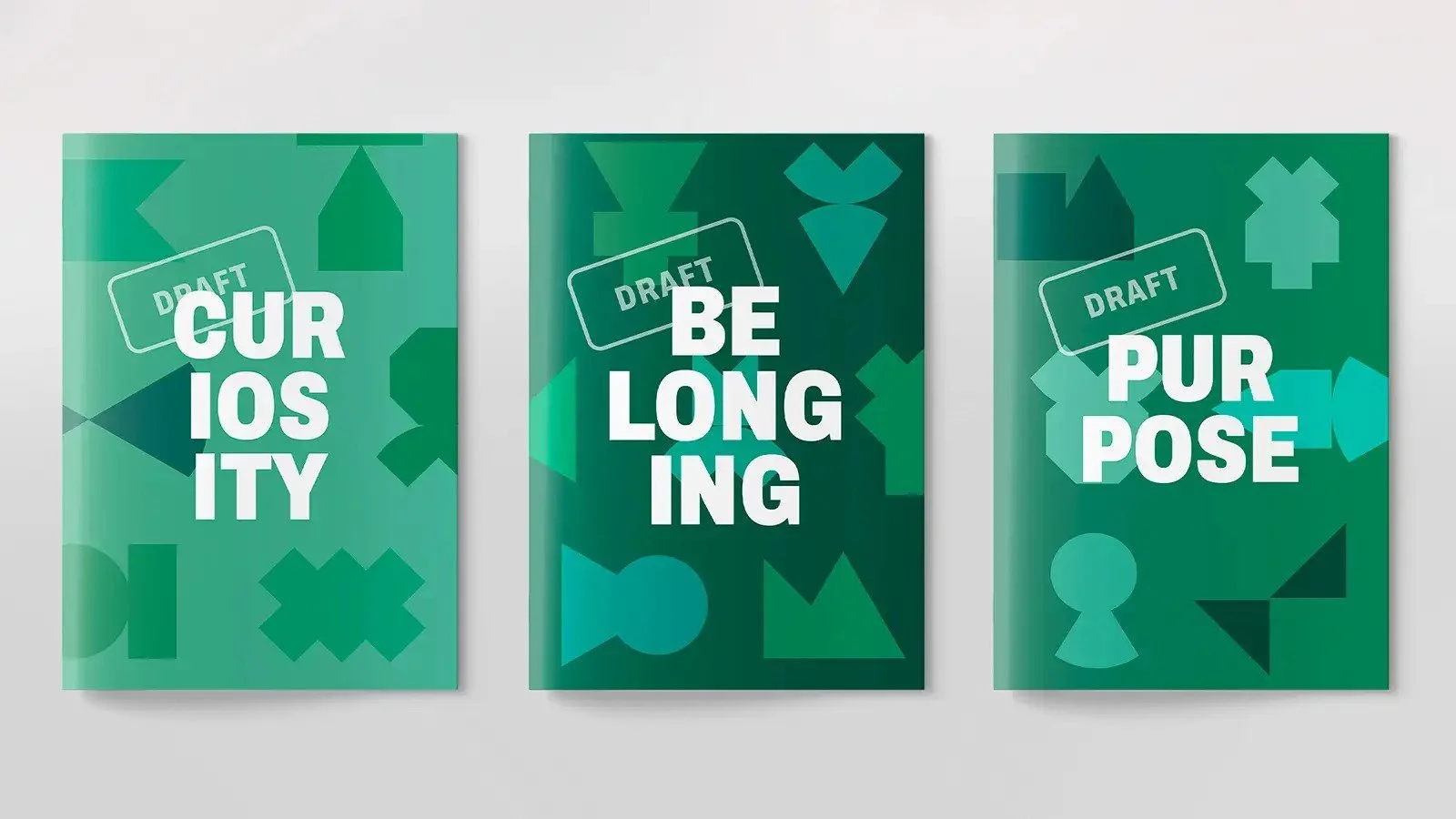Exchanges Offer Students a Unique Language-Learning Opportunity
Learning the basics of a foreign language can feel somewhat lonely and tedious: reviewing vocabulary flashcards, practicing verb conjugations, and completing grammar assignments all lack the cultural immersion component of learning a language. While language teachers aim to bridge the gap in their classrooms, nothing matches the experience of Riverdale’s foreign language exchange programs.
For junior Lexi Caravati, participating in Riverdale’s Spanish Virtual Exchange Program is an opportunity to remember that “there is so much more that goes into learning a language and really knowing it than just sitting in a classroom.” Middle and Upper School Language teacher Dr. Mariya Chokova reflects that fostering this type of understanding is “exactly why” she got involved as the Riverdale coordinator for the exchange with the Delicias School in Valladolid, Spain. In this role, Dr. Chokova works with her Delicias counterpart to develop discussion topics for the program’s bi-weekly Zoom meetings. During these meetings, twenty Riverdale Upper School students in Level III or above converse with their partners from across the Atlantic.
In choosing the discussion topics, Dr. Chokova aims to think about themes that “will appeal to those involved, so, high schoolers.” Accordingly, she chooses topics that “all students from both Riverdale and Delicias can relate to, whether that be the city they live in or their school schedule.” In addition, she explains that the simplicity of the topics, and their broad nature, allow students the freedom to choose what they want to discuss, which is essential when students may be “just starting to feel comfortable speaking conversationally.”
From Dr. Chokova’s perspective, the fact that their Spanish counterparts are also learning a new language helps Riverdale students speak more confidently and freely, as “this dynamic reinforces that making mistakes is a valuable part of learning a language.” The program aims to match students from the peer school with similar interests, something that the program coordinators gauge from the application form they have students fill out, to improve students’ comfort levels with one another.
Before the pandemic, Upper School Spanish teacher Ms. Milena Almira led two in-person Spanish exchange trips to the Valladolid region of Spain. In October, the students from Spain who were learning English would come to the New York area and stay with RCS host families. Come March, Riverdale students would live with their Valladolid-based partners when they traveled to Spain. Seeking to promote cultural immersion, the in-person trip “work[s] a lot with journals and photo essays,” says Ms. Almira. Recognizing that “it is a privilege to travel and get to know other people, cultures and places,” Ms. Almira seeks to push students to “expand [their] horizons and to put into practice what [they] learn[ed] in class.”
Ms. Almira talked about how the personal touch makes all the difference. She describes how, on the first day, “everyone is nervous and quiet.” However, Ms. Almira explained that by the end of the program, “everyone has new friends and is excited to continue this friendship across the Atlantic.” According to Ms. Almira, “the energy and the empathy that these trips bring is invaluable.” She knows of many students who are still in touch with their former partners from the program, something Caravati hopes to replicate with the virtual program she is participating in.
Head of the Riverdale Global Studies Program Ms. Miriam Piña, who oversees school-sponsored exchanges, has a similar view of these programs but also “want[s] to connect them to larger ideas about cultural competency and global citizenship.” As she defines these terms, “the core of cultural competency and being a global citizen...means understanding different cultures from different perspectives and recognizing the ability to form connections across nationalities.”
In describing Riverdale’s exchange program in the French Department, Ms. Piña says, “language exchanges are specifically important because they are intricately connected with the idea of becoming fluent.” In her view, “being truly fluent…requires spending time in a country that actually speaks the language you are trying to learn and doing your best to [immerse] yourself within that culture through everything you do.” The French Department leads an in-person exchange program with a school in Bordeaux, France that functions similarly to the Spanish program Ms. Almira ran before the pandemic. Ms. Piña recalls the faces of the Bordeaux students when they arrived in New York City: “They were in awe of the experience.” Ms. Piña believes that this experience also prompted their Riverdale counterparts to view their own city differently.
Riverdale French teachers have also established a letter-writing program amid the pandemic with students in Senegal. During the 2021-2022 school year, this program was started with students in the French V Honors class, but it has since expanded across other levels. While letter writing is not the same as face-to-face interaction, Ms. Piña explains that it “still has that personal touch.” From her experience of a different program, though one that similarly does not engage students in person, Caravati comments, “just having someone else learning with you with different experiences adds a whole new dimension to the experience of learning a language.”

